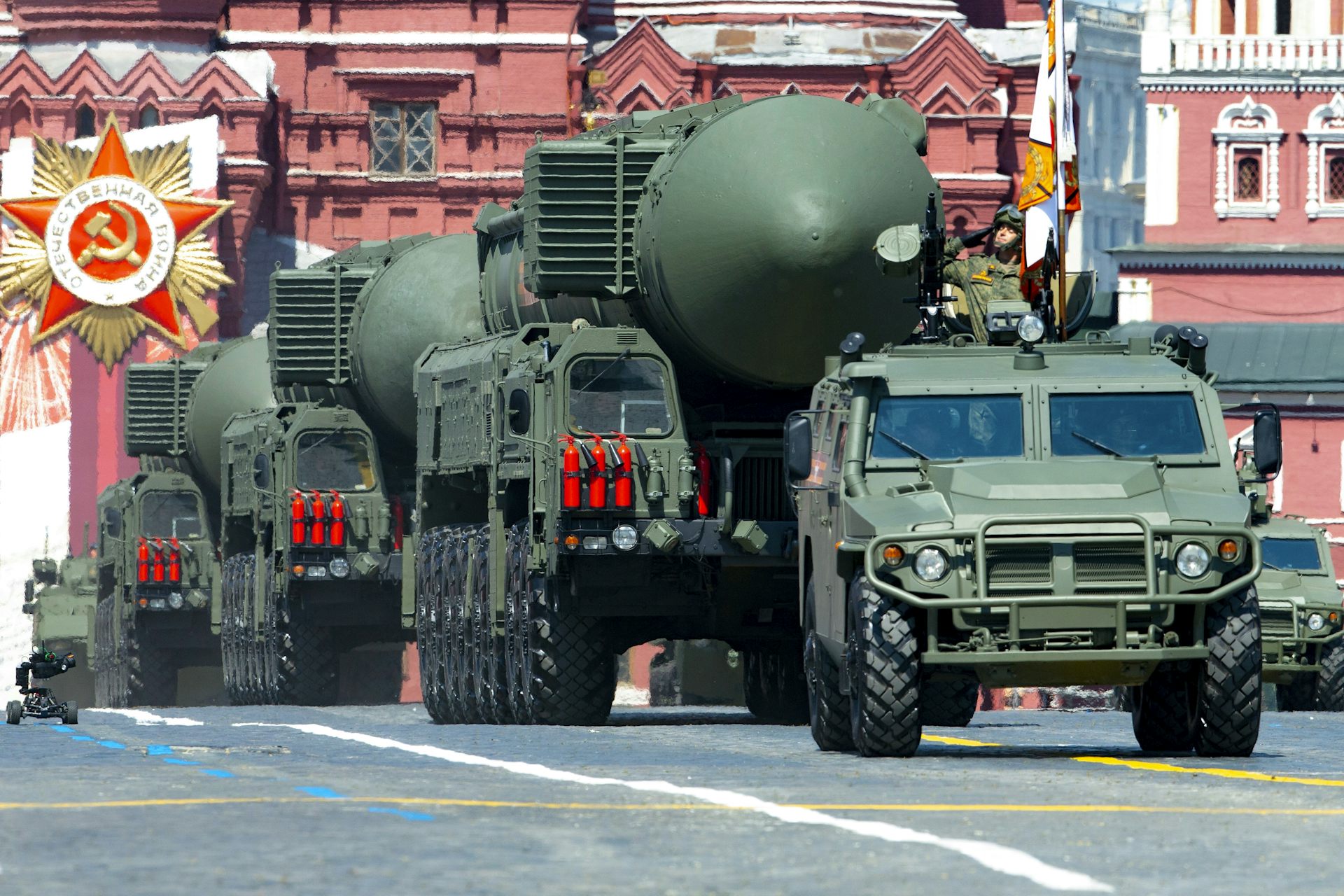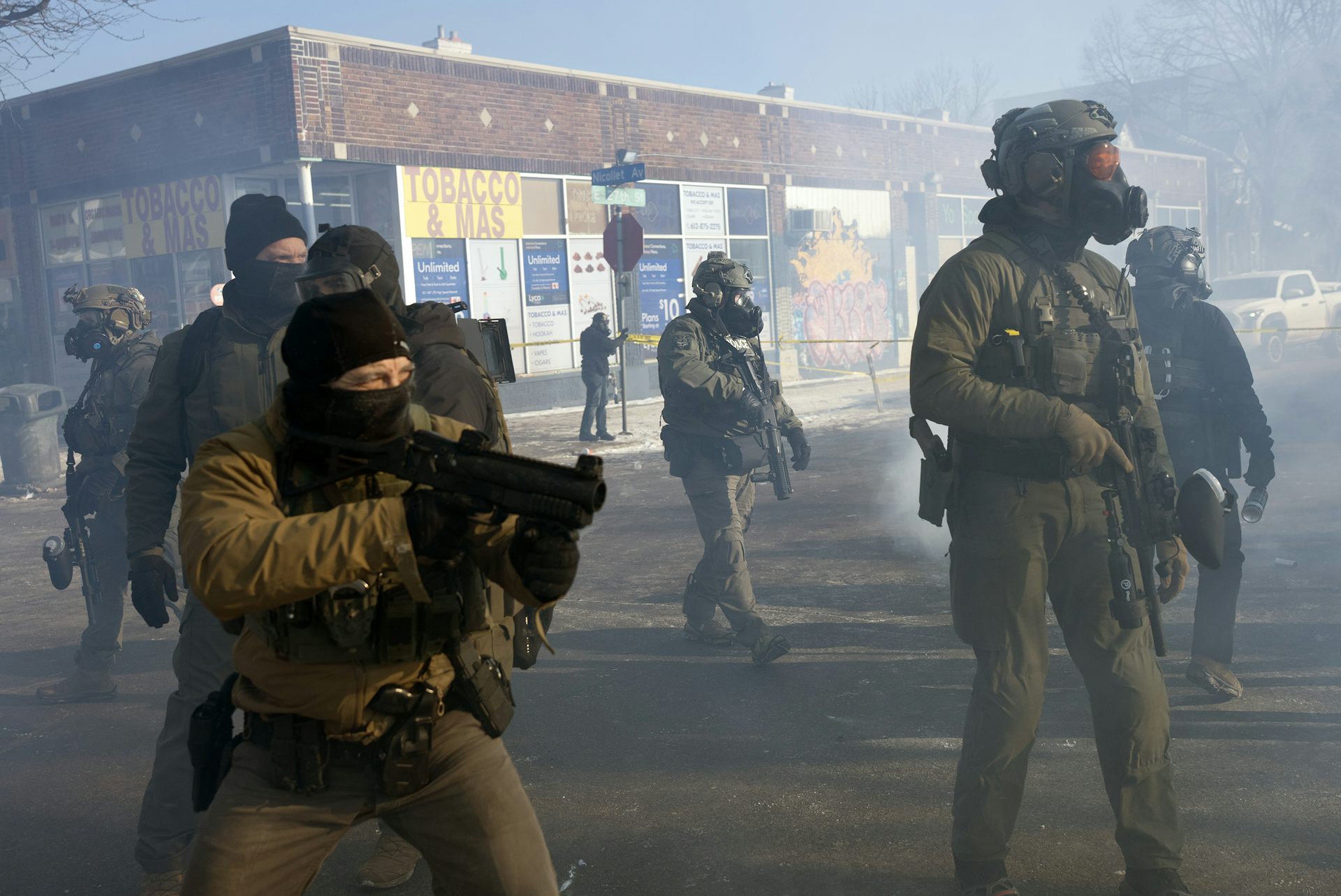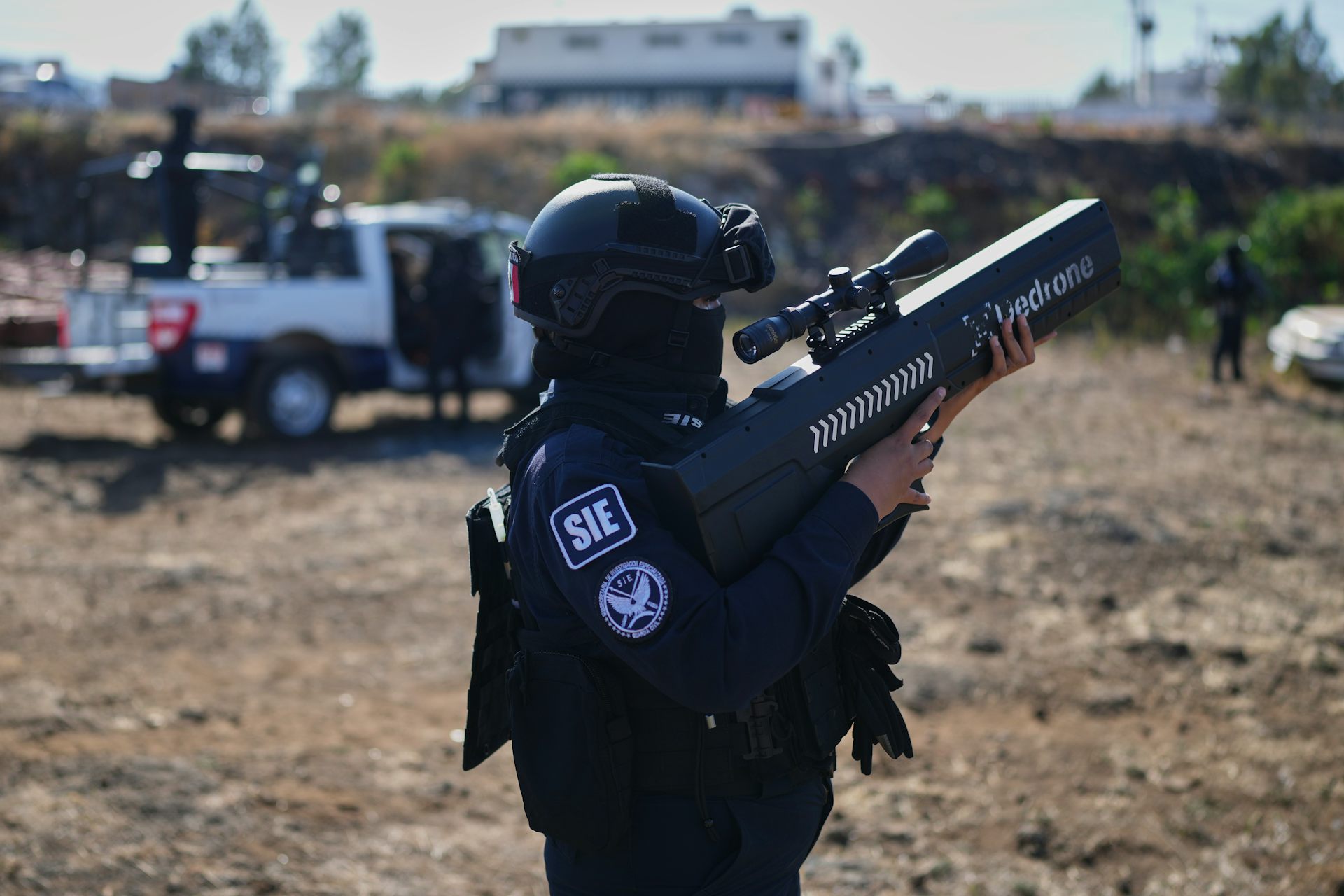In India, WhatsApp is a weapon of antisocial hatred
India's parliamentary elections, now underway, will show how social media is affecting Indian society and government.
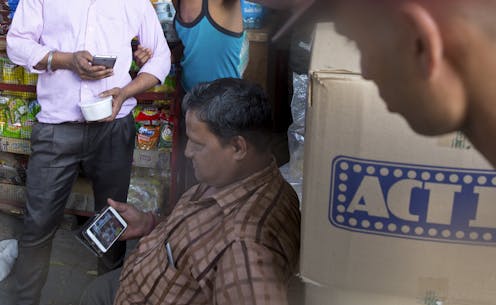
A general election in India, the world’s most populous democracy, seems a theoretical impossibility. Collecting the votes of nearly a billion people across a staggeringly diverse subcontinent has for more than half a century faced challenges of logistics, politics, economics, violence and law.
This year, a new challenge has arisen in the form of social media – specifically the text messaging app WhatsApp, owned by Facebook. Hate speech, disinformation and scary rumors on the platform are already responsible for violence and deaths in India.
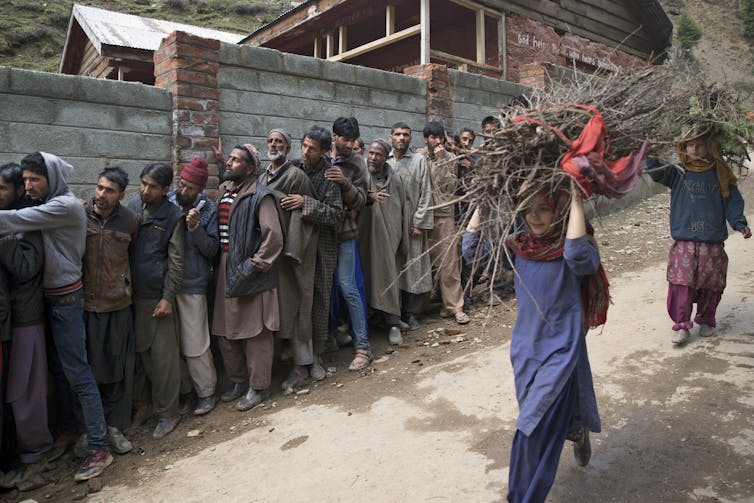
I have been studying the impact of the internet on Indian political, cultural and social life for the better part of two decades. Under the strict protocols of the Election Commission of India, voting has proved one of the more robust signs of Indian democracy. Voters turn out in large numbers, particularly the poorer segments of the electorate, making the process and its results a fascinating study and experiment in Indian politics.
The 2019 parliamentary elections, now underway, will show how social media affects Indian democratic life. They will also provide additional information about the nature of technological threats to democracy in general.
Indian social media in 2014
Two years before Russian troll farms infiltrated Facebook in an attempt to tilt the 2016 U.S. presidential election, social media played a critical role in Indian politics. It helped the Hindu nationalist Bharatiya Janata Party and its hard-line candidate for prime minister, Narendra Modi, come to power, though in a different way than the U.S. experienced.
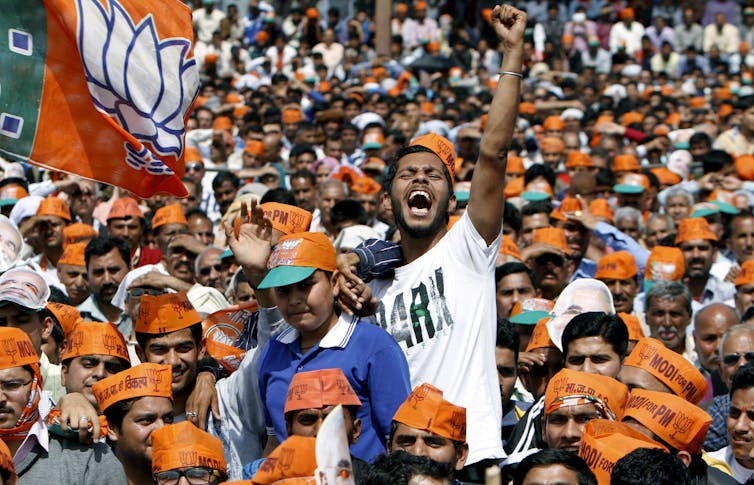
In India, the Bharatiya Janata Party ran a formidable social media campaign on Facebook and, to a lesser extent, Twitter. The party’s online efforts complemented and supplemented its equally well-orchestrated campaign on the ground. The Bharatiya Janata Party’s trained social media teams, and a veritable army of enthusiastic volunteers, ensured that the party’s online presence was much more active than its rivals.
The Bharatiya Janata Party’s information technology group, as well as the party’s supporters, exploited the political power of social media. They unleashed an often abusive barrage of criticism at the Congress Party, then-incumbent Prime Minister Manmohan Singh and other Bharatiya Janata Party opponents.
In the lead-up to the 2019 election, social media is being used in a far uglier and more dangerous fashion. The Bharatiya Janata Party even has its own official app, which is rife with disinformation and inflammatory propaganda about non-Hindus, posted by party members and supporters. More broadly, WhatsApp is being used to disseminate rumors and disinformation to spark fear among the populace, particularly about people who are perceived as outsiders.
This connects with the Bharatiya Janata Party’s main message that Hindus should have first claim over India and that India should be a culturally Hindu nation, rather than a secular state governed by a diverse range of voices. The chief opposition, the Congress Party, seems to lack the Bharatiya Janata Party’s level of reach and skills at weaponizing social media.
Threats of violence
Online, the Bharatiya Janata Party’s volunteer army of internet trolls blurs lines between troublemakers, genuine supporters and party officials. Their collective intensity, especially about Hindu nationalism, has put everyone on edge about violence – including social media platforms, law enforcement officials and ordinary citizens.
The danger is real. By one count, the use – or misuse – of WhatsApp has already resulted in 30 deaths in India. Many of these are not political events, but rather because of fear of outsiders spread through WhatsApp messages carrying fabricated warnings about strangers allegedly coming to rural communities to kidnap children.
It’s not clear yet whether WhatsApp’s remedial measures, such as blocking users from forwarding any single message more than five times, will effectively counter the dissemination of dangerous and fake information. Earlier restrictions – including limiting forwarding to 20 times – did not.
Getting benefits but avoiding responsibility
Of course, media technologies do not make anything happen by themselves. Their effects depend on how they’re used. In the Indian context, Modi’s Bharatiya Janata Party-led coalition government and its digital allies have legitimized an unusually high degree of bigotry and virulence against minorities, particularly Muslims and the members of the lowest caste, called Dalits.
As a result, it’s easy for party members and social media volunteers to use digital platforms like WhatsApp and Facebook to inflame sectarian sentiments. In the run-up to the election, they have created a climate of general distrust, fear and paranoia in which disinformation cannot be distinguished from credible facts.
My own research, explained in my forthcoming book, suggests that the decentralized nature of online networks has allowed the Bharatiya Janata Party government to benefit from hateful and violent messages sent out by other hardline Hindu nationalist groups, while being able to avoid accountability or responsibility for those messages. It also enables the Bharatiya Janata Party to benefit politically from religious violence while at the same time diverting blame to WhatsApp or Facebook.
These developments in India raise deeper questions about the nature of social media communications. In particular, these abuses of social media may cause people to rethink the relationship between free speech – including forwarding messages from others – and violence. The outcome of the Indian election will be just one signal of how one society is beginning to wrestle with how new technologies are letting people reshape their lives.
Rohit Chopra is affiliated with Avaaz.org (as a consultant).
Read These Next
Last nuclear weapons limits expired – pushing world toward new arms race
The expiration of the New START treaty has the US and Russia poised to increase the number of their…
Revisiting the story of Clementine Barnabet, a Black woman blamed for serial murders in the Jim Crow
In 1912, a young Black woman’s supposed religious beliefs were quickly blamed to make sense of a terrifying…
Atrocities take place in democratic nations as well as autocratic ones – our database has logged the
Forty years of data suggests atrocities are on the rise globally.


